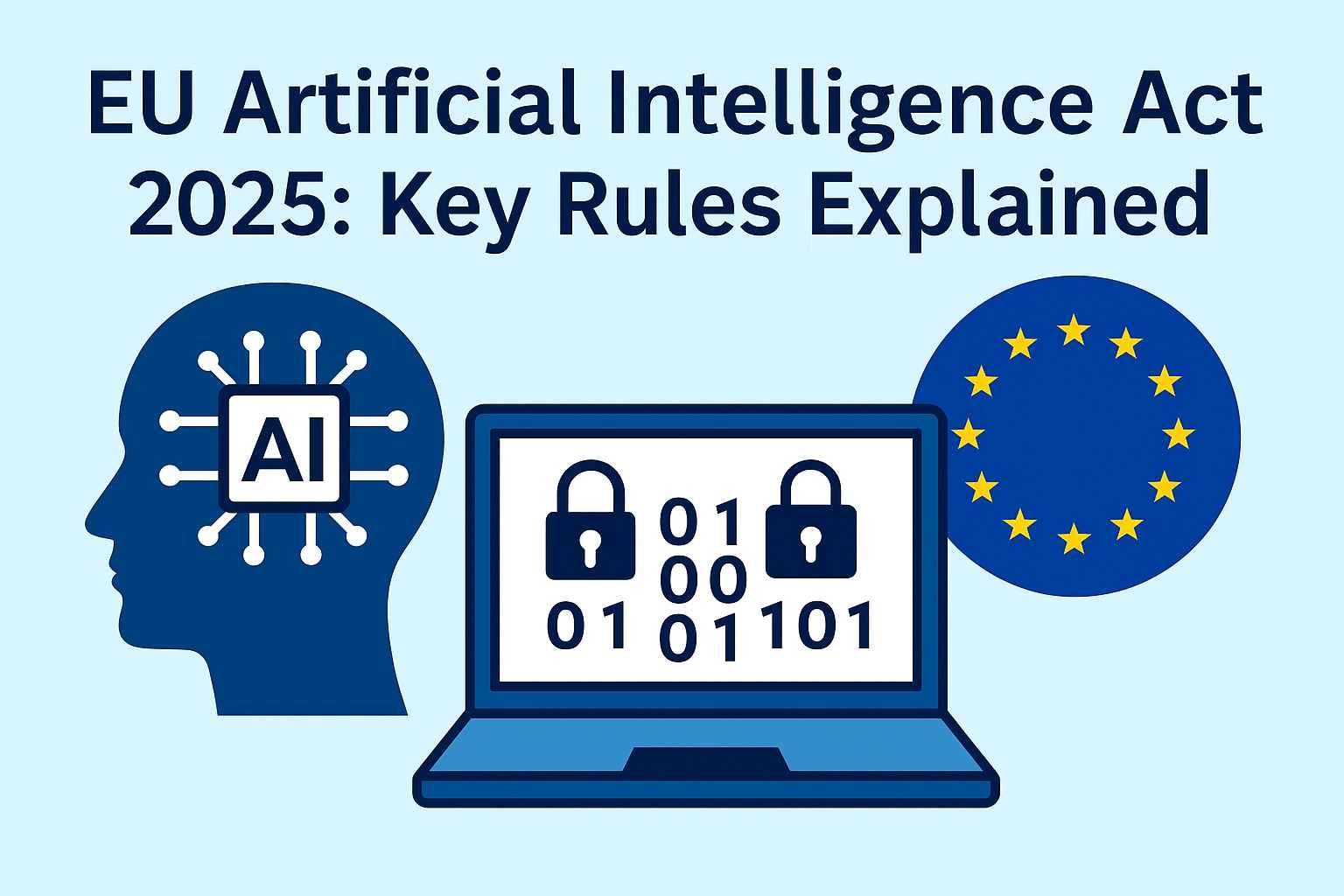On this page you will read detailed information about AI-Powered Legal Research and Document Review.
You may have heard about artificial intelligence and machine learning transforming industries and jobs, but have you considered the impact on the legal profession? AI-powered technologies are revolutionizing how attorneys conduct legal research and review documents. Instead of spending hours poring over case law and contracts, AI systems can analyze thousands of documents in seconds and surface key details. Rather than relying on manual keyword searches, AI applies semantic understanding to find concepts and ideas. This allows attorneys to gain valuable insights and make data-driven decisions much more quickly. While some fear these technologies may reduce the need for human lawyers, many experts argue that AI will augment human capabilities and allow legal professionals to focus on more strategic work. If leveraged properly, AI has the potential to significantly boost productivity and outcomes across the legal field.
How AI Is Revolutionizing Legal Research

AI is revolutionizing how legal research and document review is conducted. AI-powered tools can analyze huge volumes of data to uncover key insights and patterns that would be nearly impossible for humans alone to identify.
Automated Document Review
- AI systems can review thousands of documents in a fraction of the time it would take attorneys and paralegals.
- AI tools use machine learning algorithms to analyze documents and determine relevance to a particular case or legal matter.
- Systems get “smarter” over time as they review more data and attorneys provide feedback on their assessments.
Advanced Legal Research
- AI research assistants can comb through millions of legal texts, case law, and judicial opinions to uncover relevant information for a legal argument or case strategy.
- Natural language processing allows AI systems to understand the semantic meaning and relationships between legal concepts, even if they are expressed differently across texts.
- AI research tools present attorneys with the most relevant laws, cases, and evidence to support their work in an organized, easy-to-digest manner.
Data-Driven Insights
- By analyzing huge datasets of legal information, AI can detect trends, patterns, and insights that would be nearly impossible for humans to identify.
- AI tools can track how certain judges rule on specific legal issues over time or how laws are applied across jurisdictions.
- These data-driven insights allow attorneys to craft targeted legal strategies, predict outcomes, and gain a competitive advantage.
While AI will not replace human attorneys, it is poised to dramatically augment and enhance legal practice. AI-powered research and document review tools free up attorneys to focus on higher-level thinking that requires judgment, critical analysis, persuasion, and counseling. With the insights and efficiencies gained from AI, attorneys can provide higher quality legal services in less time. The future of law practices will be powered by the partnership of human attorneys and artificial intelligence.
The Benefits of Using AI for Document Review
Artificial intelligence (AI) has immense potential to streamline and improve the document review process. AI tools can help attorneys review documents more efficiently and effectively while reducing costs and minimizing human error.
AI-powered document review platforms utilize machine learning algorithms to analyze uploaded documents. The algorithms detect patterns to group together documents by topic, identify privileged information, and flag relevant data. This categorization and organization of documents allows attorneys to quickly locate key information.
AI also reduces the time spent on mundane tasks like coding and data entry. The algorithms can apply issue codes, flag important dates and names, and extract key data points. Attorneys simply review and verify the AI’s work rather than manually entering all of the information themselves.
Furthermore, AI minimizes the risk of human error during document review. People may miscode documents, overlook important details, or become fatigued after long review sessions. AI tools consistently apply the same standards and never get tired, avoiding many of the mistakes that humans can make.
In conclusion, AI streamlines document review by reducing costs, saving time, organizing documents, minimizing human error, and allowing attorneys to focus on high-level analysis. The benefits of AI for legal document review are substantial, and as AI continues to become more advanced, it may soon become indispensable for any practice. Using AI for this crucial task can give law firms and legal departments a significant competitive advantage.
In the previous post, we had shared information about Cyber Stalking in India: A Growing Concern, so read that post also.
Case Study: Law Firm Sees 50% Efficiency Gains With AI
A mid-sized law firm in the United States saw major efficiency gains by implementing AI for legal research and document review. By leveraging machine learning algorithms and natural language processing, the firm was able to handle a 50% increase in caseload without hiring additional staff.
Streamlined Research
Attorneys spent less time searching through legal documents and case law to find relevant information. The AI was trained on the firm’s historical cases and public legal databases. When given a new case, the AI could suggest relevant statutes, prior cases, articles, and other documents that were semantically related. Attorneys reported this reduced research time by around 30-40% on average, allowing them to focus on higher-value analytical work.
Faster Document Review
The document review process for litigation or mergers and acquisitions involves combing through thousands of documents to determine relevance and privilege. The law firm developed a machine learning model that could review documents and suggest which were most relevant and important for attorneys to prioritize. The AI achieved 70-80% accuracy in predicting relevance, which attorneys then verified. This sped up the initial document review by 50-60% and reduced the number of documents attorneys needed to review in detail by 40-50%.
Risk Management
Some attorneys were initially hesitant to rely on AI, worrying it might miss important details. However, the firm took a hybrid human-AI approach. The AI narrowed down the scope of documents and research for attorneys to then analyze in detail. This mitigated risks from errors and oversights. Attorneys also audited a sample of AI research and reviews to check for accuracy and make improvements to the models over time.
With sizable efficiency and productivity gains from AI, the law firm invested cost savings into hiring more attorneys to take on additional clients and pursue new practice areas. AI thus enabled scalable, sustainable growth, while human expertise remained central to high-quality casework. The hybrid model has since been adopted by other firms looking to expand their capacity through AI.
Implementing AI Technology for Your Practice
Implementing AI technology in your law practice can streamline time-consuming tasks like legal research and document review. By leveraging AI for these routine processes, attorneys and staff can focus their efforts on higher-level work that requires human judgment and expertise.
Automated Legal Research
AI-powered research tools can search across millions of legal documents, cases, and statutes to find relevant information in a fraction of the time it would take humans. The AI understands the conceptual relationships between cases and can identify those most applicable to your matter. It also keeps track of citations and updates in the law so you have the latest information.
Some options for AI legal research include:
- ROSS Intelligence, which uses IBM’s Watson technology to research case law, statutes, and secondary sources.
- Casetext’s CARA, an AI assistant that can find relevant cases and rank them by importance.
- Judicata, a legal research tool with an algorithm trained on millions of legal documents and cases.
Document Review
For document review, AI can analyze hundreds of thousands of documents to identify those most relevant to your case or project. The AI reads and understands the documents then groups together those with similar topics or issues. This allows attorneys to focus first on the most significant documents.
Some AI-based document review platforms are:
- Kira Systems, which uses machine learning to extract information from and analyze contracts and other documents.
- Epiq’s AXCELERATE, an end-to-end eDiscovery platform with AI for document review and analysis.
- OpenText’s Axcelerate, a cloud-based document review tool incorporating predictive coding and machine learning.
By implementing AI tools for research and document review, law firms and corporate legal departments can lower costs, increase efficiency, and enhance their services. The time savings allow legal professionals to concentrate on strategic work, counseling clients, and complex litigation – the kinds of tasks that truly require a human touch. AI is not meant to replace attorneys but rather augment and elevate their practices.
The Future of AI in Legal Research and Document Review
The future of AI in legal research and document review looks promising. AI technologies are poised to greatly improve the efficiency and effectiveness of these time-consuming legal tasks.
Automated Document Review
Manual document review requires attorneys and paralegals to scrutinize hundreds or thousands of documents to determine relevance to a case. AI can automate parts of this process using machine learning algorithms that are trained on sample data sets of relevant and non-relevant documents. The AI system learns to identify documents that are most likely to be relevant based on factors like keywords, topics, concepts, and more.
Attorneys can then focus their review on the most relevant documents identified by the AI. Studies show this approach reduces document review time by up to 75% while maintaining or even improving accuracy. AI-based document review tools are commercially available from companies like OpenText, Recommind, and Catalyst.
Advanced Legal Research
Legal research engines are incorporating AI to provide more sophisticated results. AI can analyze the meaning and relationships between concepts in cases, laws, articles, and other legal texts. It identifies relevant passages, finds connections across sources, and even answers complex legal questions.
For example, tools like Ross Intelligence and Casetext use AI to summarize key details about cases, determine how cases relate to and cite each other, find relevant passages in long legal documents, and recommend related materials for a given topic. attorneys can get to relevant information faster without having to manually sift through volumes of search results.
AI will continue to improve legal workflows and enhance access to justice as these technologies mature. The key will be using AI to augment human efforts, not replace them. With oversight and guidance from legal professionals, AI can take over routine tasks so attorneys can focus on more substantive work. The future of law practices will depend on a synergistic partnership between human legal expertise and artificial intelligence.
Conclusion
As artificial intelligence continues to advance, its impact on the legal profession will only increase. AI has the potential to transform how you conduct research, review documents, and serve your clients. While human intuition, judgment and relationships will always remain crucial, AI can help streamline tedious and repetitive tasks. This allows you to focus your time and efforts on more complex, strategic work. By embracing AI-powered tools, you position yourself at the forefront of innovation in the legal field. Staying up-to-date with technology not only benefits your practice but also demonstrates to clients your commitment to efficiency and excellence. The future of law is here – are you ready to seize the opportunities?
Disclaimer
The information and services on this website are not intended to and shall not be used as legal advice. You should consult a Legal Professional for any legal or solicited advice. While we have good faith and our own independent research to every information listed on the website and do our best to ensure that the data provided is accurate. However, we do not guarantee the information provided is accurate and make no representation or warranty of any kind, express or implied, regarding the accuracy, adequacy, validity, reliability, availability, or completeness of any information on the Site. UNDER NO CIRCUMSTANCES SHALL WE HAVE ANY LIABILITY TO YOU FOR ANY LOSS OR DAMAGE OF ANY KIND INCURRED AS A RESULT OR RELIANCE ON ANY INFORMATION PROVIDED ON THE SITE. YOUR USE OF THE SITE AND YOUR RELIANCE ON ANY INFORMATION ON THE SITE IS SOLELY AT YOUR OWN RISK. Comments on this website are the sole responsibility of their writers so the accuracy, completeness, veracity, honesty, factuality and politeness of comments are not guaranteed.
So friends, today we talked about AI-Powered Legal Research and Document Review, hope you liked our post.
If you liked the information about AI-Powered Legal Research and Document Review, then definitely share this article with your friends.











